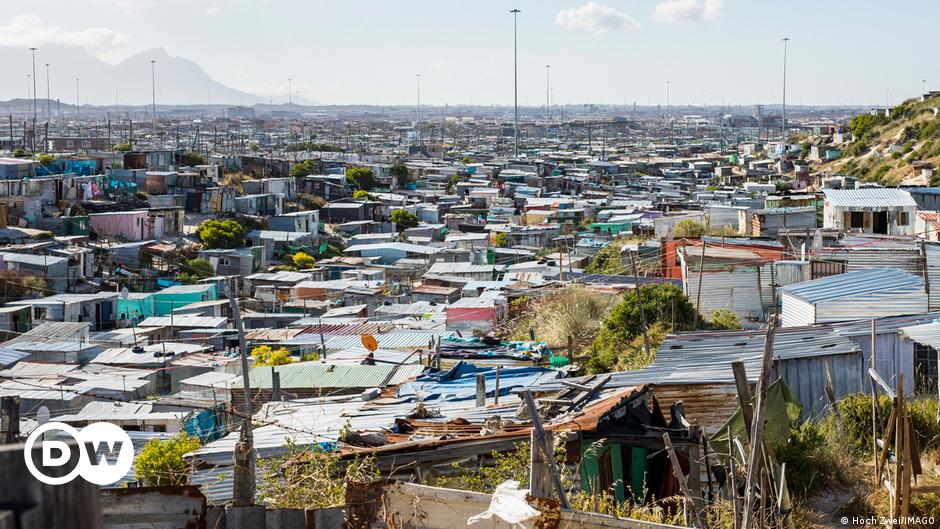Thirty years after the end of apartheid, South Africa is looking back on a democratic but deeply divided society. Political divisions have fueled a growing disappointment with Nelson Mandela’s liberation party, the ANC.
As a newly democratic country, South Africa got off to a euphoric start with its first free elections in 1994.
People queued up for hours to cast their votes, full of hope, optimism and joy. That positive spirit continued as Nelson Mandela was elected president after spending 27 years in prison.
The African National Congress (ANC), Mandela’s political party and former anti-apartheid movement, came into power, ending not only white minority rule but centuries of colonialist mentality. It’s still in power today.
However, looking back on the past 30 years, the assessment on the state of Mandela’s “rainbow nation” is sober: The economy in the Cape of Good Hope is ailing, society is still divided along racial lines and people feel their politicians don’t understand them.
Meanwhile, the gap between rich and poor has kept growing — despite the fact that the ANC made the issue a central concern when it came to power in 1994. Frustration over these shattered dreams runs deep.



Interesting. Thanks for sharing!